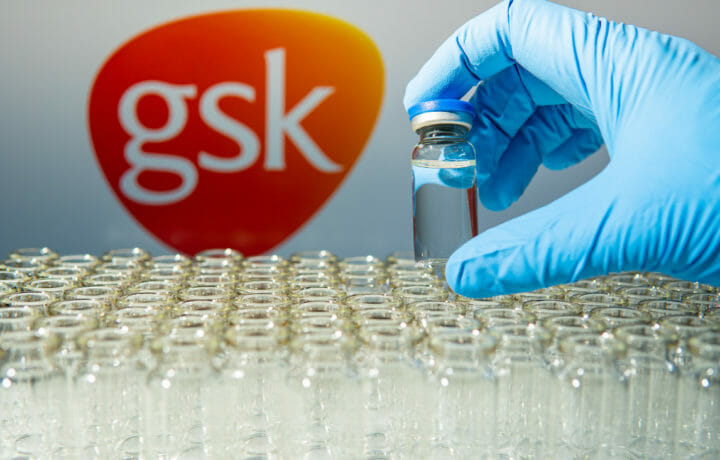On Monday, January 3, Lucy Xi pleaded guilty to stealing trade secrets from GlaxoSmithKline (GSK) to the benefit of a Chinese pharmaceutical company, Renopharma. Xi, one of five co-defendants created the company, Renopharma, with the purpose of researching anti-cancer drugs. The Department of Justice noted that the reality was that the company received funding from China and that the company was nothing more than a “repository of information stolen from GSK.”
Three of the co-defendants (Yu Xue, Tain Xu and Tao Li) had previously pleaded guilty to their roles in the theft of intellectual property from GSK, with Yan Mei (the fifth defendant and husband to Lucy Xi) is believed to be absconding in Nanjing, China.
IP theft of GlaxoSmithKline trade secrets
Lucy Xi and Yu Xue, were employees of GSK. Court documents indicate that Yu Xue, her twin sister Tian Xue, and Tao Li all received their PhDs from the University of North Carolina. While Yan Mei received his PhD from the University of Iowa.
Xi sent her husband an e-mail which contained the summary of GSK research into monoclonal antibodies, the body of the mail said, “You need to understand it very well. It will help you in your future business [Renopharma]. The GSK facility in Upper Merion, PA, worked on developing biopharmaceutical products which, typically cost in excess of $1 billion to research and develop.
As this was a prime example of insider theft for personal gain, it would be prudent for the University of North Carolina to review the research which was conducted by Yu Xue, Tian Xue and Tao Li to determine if intellectual property theft had occurred and the University of Iowa to review if Yan Mei purloined research during his time at the University.
U.S. Attorney, Jennifer Arbittier Williams, said, “This defendant illegally stole trade secrets to benefit her husband’s company, which was financed by the Chinese government. The lifeblood of companies like GSK is its intellectual property, and when that property is stolen and transferred to a foreign country, it threatens thousands of American jobs and jeopardizes the strategic benefits brought about through research and development. Such criminal behavior must be prosecuted to the fullest extent of the law.”
Modus operandi of this insider theft
The modus operandi of the two GSK employees was not sophisticated. They emailed sensitive company information to their personal email accounts or copied the information to thumb drives. Ten pages of the original indictment detailed the depth and scope of the theft of GSK’s intellectual property, with page after page of the means by which the co-defendants communicated and shared the information, indicative of a successful forensic review of the actions taken within GSK, as well as information obtained from reviewing the personal email accounts and devices of the co-defendants, four of which have pleaded guilty.
It is worthy of approbation to note that while the theft of the GSK intellectual property was pre-COVID, the therapeutic developments which followed were built upon prior research in the monoclonal antibodies. The success of GSK is evidenced with the November 2021, GlaxoSmithKlien award of a $651,094,500 contract for Sotorovimab Therapuetic for the treatment of COVID-19 by the Department of Human Services.
Sentencing for Luxy Xi will be in April 2022.



